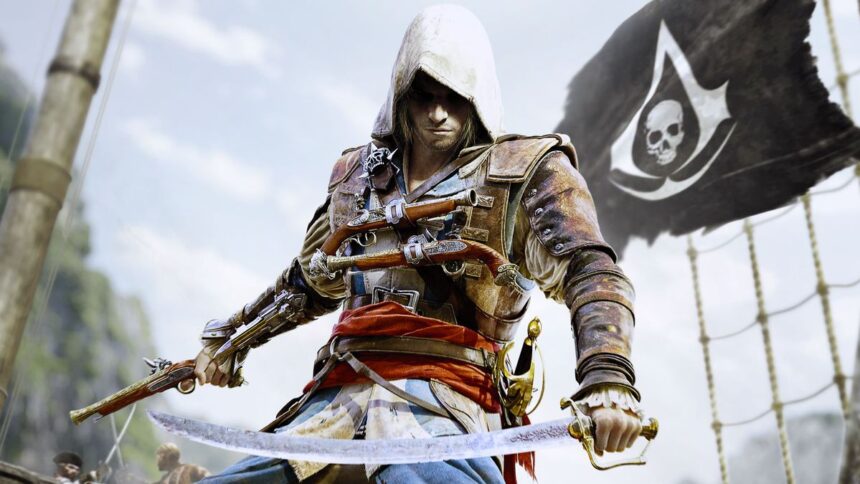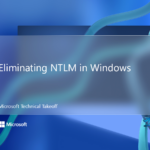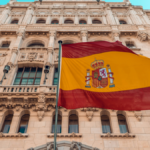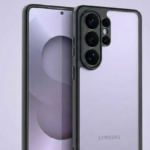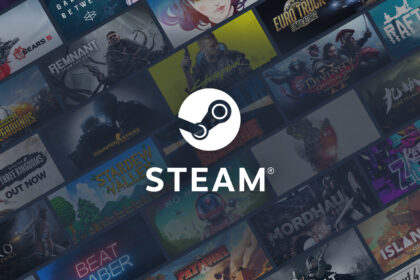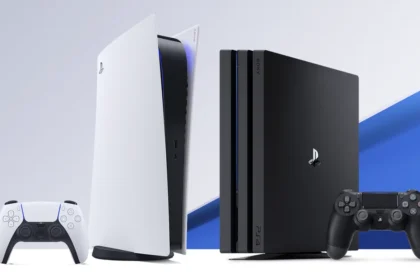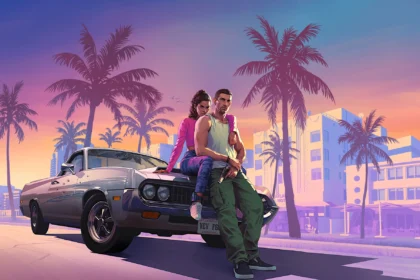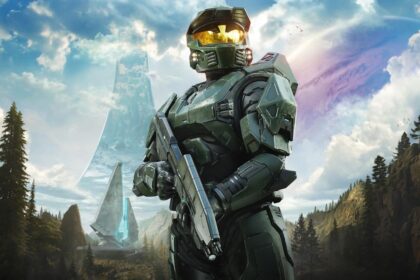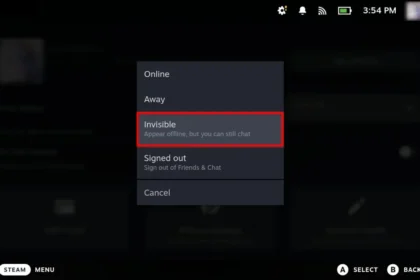The FBI, the main federal law enforcement agency in the United States, recently announced the takedown of several websites known for distributing pirated video games—sometimes even before their official release dates.
The targeted sites include NSW2U.com, nswdl.com, game-2u.com, bigngame.com, ps4pkg.com, ps4pkg.net, and mgnetu.com. As of now, anyone trying to visit these sites is met with a notice showing they’ve been seized by the FBI.
According to the agency, these platforms had been sharing unauthorized game copies for at least four years. Between February 28 and May 28, 2025, the FBI claims there were roughly 3.2 million illegal downloads through these domains, estimating the financial impact at around $170 million—an amount they say could translate to nearly $1 billion in broader economic terms.
However, this crackdown has sparked backlash from parts of the gaming community. Many players took issue with the claimed losses, arguing that the figures are exaggerated. Critics pointed out that assuming every pirated copy represents a lost sale is misleading. A community note added to the FBI’s post on X (formerly Twitter) echoed this sentiment, stating:
“The claim of a $170 million economic ‘loss’ is inaccurate. Unmade revenue is not the same as financial loss. Additionally, assuming that all users who pirated would otherwise purchase the games inflates the statistics.”
While the FBI maintains that these actions are meant to protect intellectual property, the public response shows ongoing debate around piracy, enforcement, and the way economic damages are calculated.
Piracy in video games
Piracy in the gaming world is a long-standing and complex issue. While some players defend the practice as a way to preserve older titles or access games that have become too expensive, others point out the darker side of piracy, where illegal copies are used to spread malware, steal personal data, or generate profit through unethical means.
It’s important to note that in Brazil, distributing, reproducing, or purchasing content that violates copyright laws is considered a crime. Penalties can include a fine or imprisonment ranging from three months to one year. However, prosecutions targeting individuals who download or use pirated content are relatively rare.
Among game companies, Nintendo stands out for its particularly aggressive stance against piracy. The company has a long history of defending its intellectual property and has intensified efforts recently as it prepares to launch the Nintendo Switch 2.
One of the most high-profile anti-piracy moves came last year, when Nintendo successfully pushed for the shutdown of the popular Switch emulators Ryujinx and Yuzu. In the case of Yuzu, the developers were hit with a $2.4 million lawsuit settlement, sending a strong message to others in the emulation and piracy scene.
As the debate continues, the gaming community remains divided—some calling for better access and preservation methods, others demanding stronger enforcement to protect developers and publishers.
Minecraft creator reinforces support for piracy at games
On the other side of the piracy debate, Minecraft creator Markus “Notch” Persson has once again voiced support for piracy—this time in the context of the Stop Killing Games movement. The campaign pushes back against game publishers who shut down online services or make digital titles unplayable, particularly in light of new consumer protection measures being discussed in the UK and European Union.
Notch criticized the current model of digital game ownership, where buyers don’t actually own the game itself, but rather a license to access it. He expressed his stance bluntly, saying:
“If buying a game isn’t a real acquisition, then pirating it isn’t theft.”
His comment reignited discussion around digital rights, game preservation, and whether players truly own what they purchase in the digital age.

